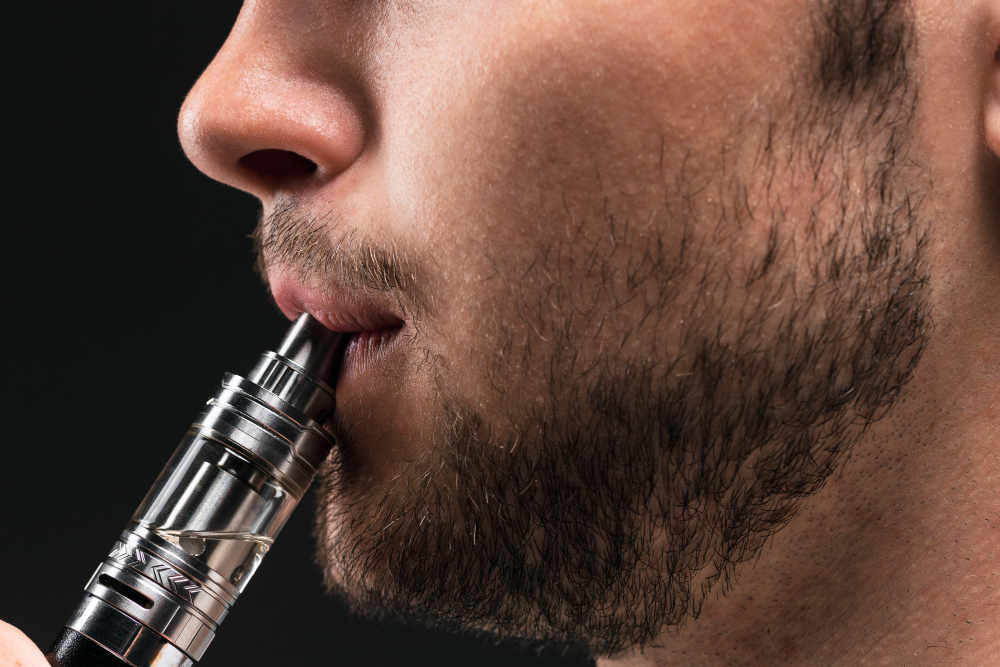The Impact of Vaping on Oral Hygiene: Risks and Considerations
May 10 , 2024
Vaping, often marketed as a safer alternative to traditional smoking, has gained popularity over the past decade. However, while it may eliminate some of the harmful effects associated with tobacco smoke, vaping is not without its own set of health concerns, particularly regarding oral hygiene. Understanding the impact of vaping on oral health is crucial for users to make informed decisions.
Chemical Composition and Oral Health
E-liquids used in vaping devices typically contain nicotine, propylene glycol, glycerin, flavorings, and various chemicals. When these liquids are vaporized and inhaled, they interact with the oral cavity in several ways. Propylene glycol, for example, is known for its dehydrating properties. This can lead to dry mouth, which reduces saliva production. Saliva is essential for maintaining oral health as it helps neutralize acids, wash away food particles, and prevent bacterial growth. Reduced saliva can thus lead to a higher risk of cavities, gum disease, and bad breath.
Nicotine and Gum Health
Nicotine, a common component in e-liquids, is a vasoconstrictor. This means it narrows blood vessels, reducing blood flow to the gums. Decreased blood flow can impede the delivery of essential nutrients and oxygen to the gum tissue, slowing down healing processes and increasing susceptibility to infections and gum disease. Nicotine use is also associated with bruxism (teeth grinding), which can lead to enamel wear, tooth sensitivity, and jaw pain.
Flavorings and Their Impact
The flavorings in e-liquids, while appealing to users, can have detrimental effects on oral health. Many of these flavorings contain sugars or sugar derivatives, which can promote tooth decay. Additionally, certain flavoring agents, particularly those used to create cinnamon or menthol flavors, have been found to be cytotoxic, meaning they can damage cells in the mouth, potentially leading to gum inflammation and other oral health issues.
Vaping and Oral Microbiome
The oral microbiome, a complex community of microorganisms residing in the mouth, plays a crucial role in maintaining oral health. Research has shown that vaping can alter the composition of the oral microbiome, leading to an imbalance that favors the growth of harmful bacteria. This dysbiosis can contribute to the development of periodontal disease, characterized by inflammation, gum recession, and tooth loss if left untreated.
Long-Term Consequences
While the long-term effects of vaping on oral health are still being studied, emerging evidence suggests that regular use of e-cigarettes can lead to chronic oral health issues. These include an increased risk of oral cancers, similar to those seen with traditional smoking, due to the presence of carcinogenic compounds in some e-liquids.
While vaping may be perceived as a less harmful alternative to smoking, it is not without significant risks to oral hygiene. The dehydrating effects of propylene glycol, the vasoconstrictive nature of nicotine, the potentially harmful flavorings, and the alteration of the oral microbiome all contribute to various oral health issues. For those concerned about their oral hygiene, it is essential to be aware of these risks and to consider them when making choices about vaping. Regular dental check-ups, maintaining good oral hygiene practices, and discussing vaping habits with a healthcare provider are crucial steps in mitigating these risks.









